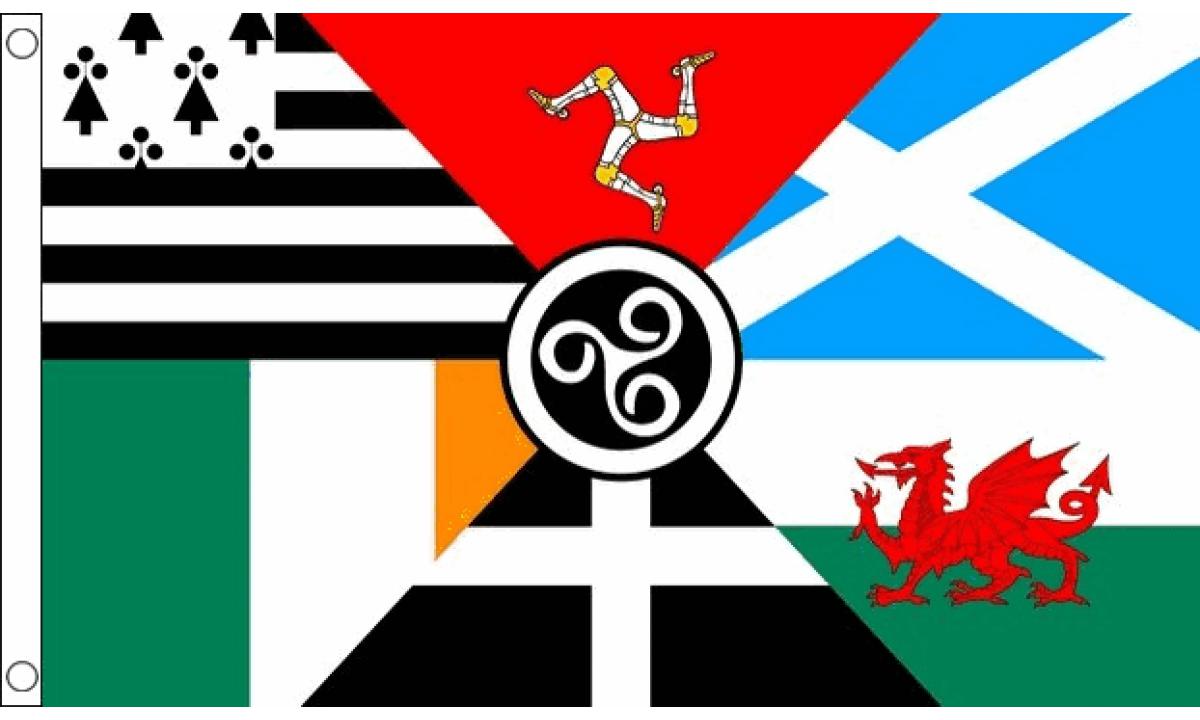Wrong or Reich? - Part 1
"Jesus, Trump and Hitler, three men in history falsely accused" The official story of WW II is a narrative that needs to be broken in order for Christians to manifest the kingdom of God. This contains a timeline of events before the war turned hot and a brief on National Socialism.
JESUS, TRUMP AND HITLER:
Three Men in History Falsely Accused
by Jim Jester
March 22, 2020
Scripture Reading: Matthew 5:10-12
Introduction
What a title: “Jesus, Trump and Hitler” – three men in history falsely accused. In making this comparison, let me say at the outset, that in no way am I saying that any man can be an object of worship or sinless as our Lord Jesus Christ. It is obvious that men are not perfect; but we should give credit where credit is due.
The idea that Trump or Hitler might be in heaven may be offensive to some, but “if the shoe fits we should put it on.” If it can be sufficiently shown that these men have been persecuted for the sake of what is right, then the kingdom of heaven belongs to them.
Most of us here are familiar with many conspiracy theories as dubbed by establishment government and media. Most of us know the truth surrounding the War of 1861 in America; i.e., it was not about slavery exclusively, but rather was for political and economic reasons; and ultimately was plotted by the Rothschild banking family. We are aware of the Federal Reserve Act of 1913 and how it enslaves our people economically, through usury, inflation and tax collecting agencies. There are other events: the assassination of Vicki Weaver, Waco, the bombing of the Murrah Federal Building, the 911 attacks, etc. But, there is one official story in recent history that is very difficult for Americans to question: and that is the truth about Adolph Hitler and World War II. Of course, when it comes to a conspiracy theory, the key word is “theory”, and we must keep in mind that the more evidence we gather, the theory becomes weaker and weaker until it is overcome by the truth. Furthermore, we must understand that “fake news” did not just start with president Trump, but has been around for a long, long time.
My purpose here is to vindicate those who have been wrongly accused of some sort of crime, offense, misconduct, sin, evil, or atrocity; when in reality, they were doing the right thing. Sooner or later, the truth will come out. I believe all truth is important, no matter how uncomfortable it may be; and truth will play an important role in manifesting the kingdom of God.

 THE CELTIC NATIONS
THE CELTIC NATIONS

